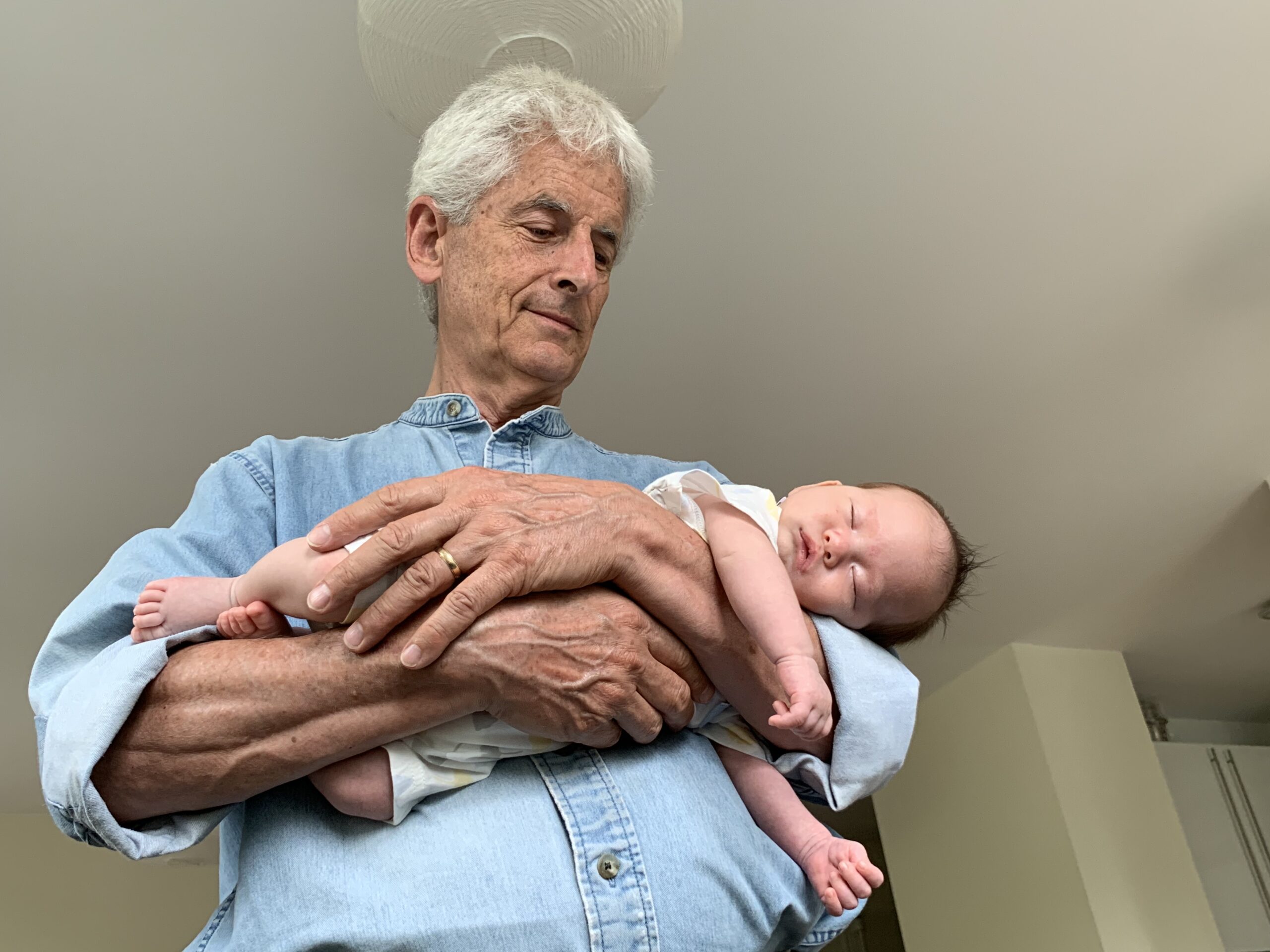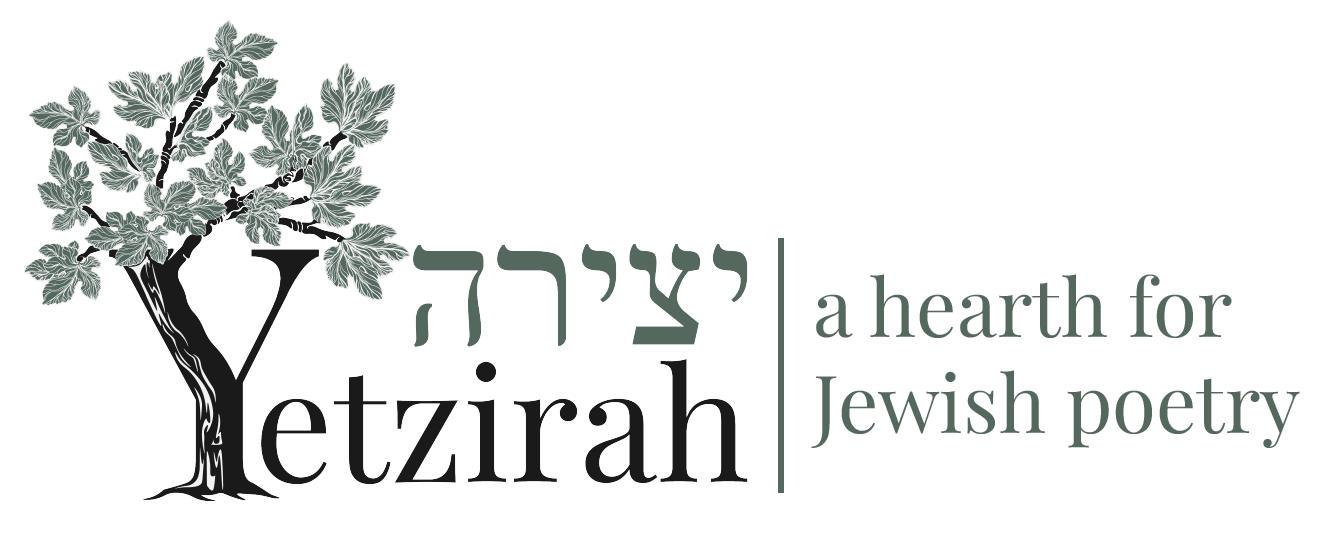
Erik Bendix
Current City, State, Country
Birth City, State, Country
Biography
Erik Bendix grew up in Berkeley, California as the son of a sociologist who had escaped Nazi Berlin and an artist deeply connected to tribal culture in the American Southwest. As a boy Erik attended the Ecole d’Humanité, a progressive school high in the Swiss Alps. He earned philosophy degrees from Oxford and Princeton, where his graduate career ended abruptly after he publicly called the ethics of grading into question. He then worked as an editor and in alternative education before moving with his wife to a mountain homestead in the Blue Ridge Mountains to raise and homeschool their two children. Erik travels the world teaching many movement arts: folkdance from many cultures, the grace and poise of Alexander Technique, and the deep anatomical and developmental explorations of Body-Mind Centering®. He recently completed a book and film about his approach to overcoming fear while learning to ski. He has translated Rainer Maria Rilke’s Duino Elegies and Sonnets to Orpheus, the latter into full English sonnet form, and has published his own poetry in many journals. To him, nothing separates the arts of poetry from those of movement. He has been writing poetry for over forty years.
What is the relationship between Judaism and/or Jewish culture and your poetry?
My grandfather survived Dachau by composing poems in his head and memorizing them. After he got out, he wrote them down and included them in his 1000-page still unpublished memoir of his experiences as a prisoner. He had formally resigned from the Jewish community in his twenties but discovered in his sixties in the camps that Jews were the only ones who treated him well, and came to regret his earlier decision. Meanwhile, my father had escaped to America carrying a copy of Rilke’s Sonnets to Orpheus, which he used to court my American mother, something I only discovered after beginning my decades-long efforts to translate those same poems into English, not realizing I had come into this world partly thanks to those poems. When I was in my twenties, I lost a promising career as a philosopher to squabbles among German-Jewish survivors from Berlin, and realized I had missed out on a whole tradition that could have nurtured me. I have been a student of Jewish culture ever since, particularly of Jewish mysticism, Jewish renewal, and Yiddish traditions of dance, which I teach worldwide. In the late 1980’s, after visiting the concentration camp memorial at Dachau where my grandfather had been, I wrote a prophetic poem about the return of Jews to Germany (the only poem I’ve ever written in German, addressed to the Germans), and, as fate would have it, my children now live in Berlin where half of my ancestors are buried. I write poems to all my family members whenever one of them has a birthday, and my older son writes and performs klezmer music as concertmaster of the Berlin Philharmonic. Occasionally, we make public appearances together. Our family were among those expelled from Spain during the Inquisition, so our legacy of hiding our Jewish identity goes way back, and still makes it difficult (at least for me) to step forward as Jews. Difficult, but deeply rewarding.
Author Site
Links to Sample Works
Current Title
Education
Oxford University U.K., B.A
Princeton University, M.A.
